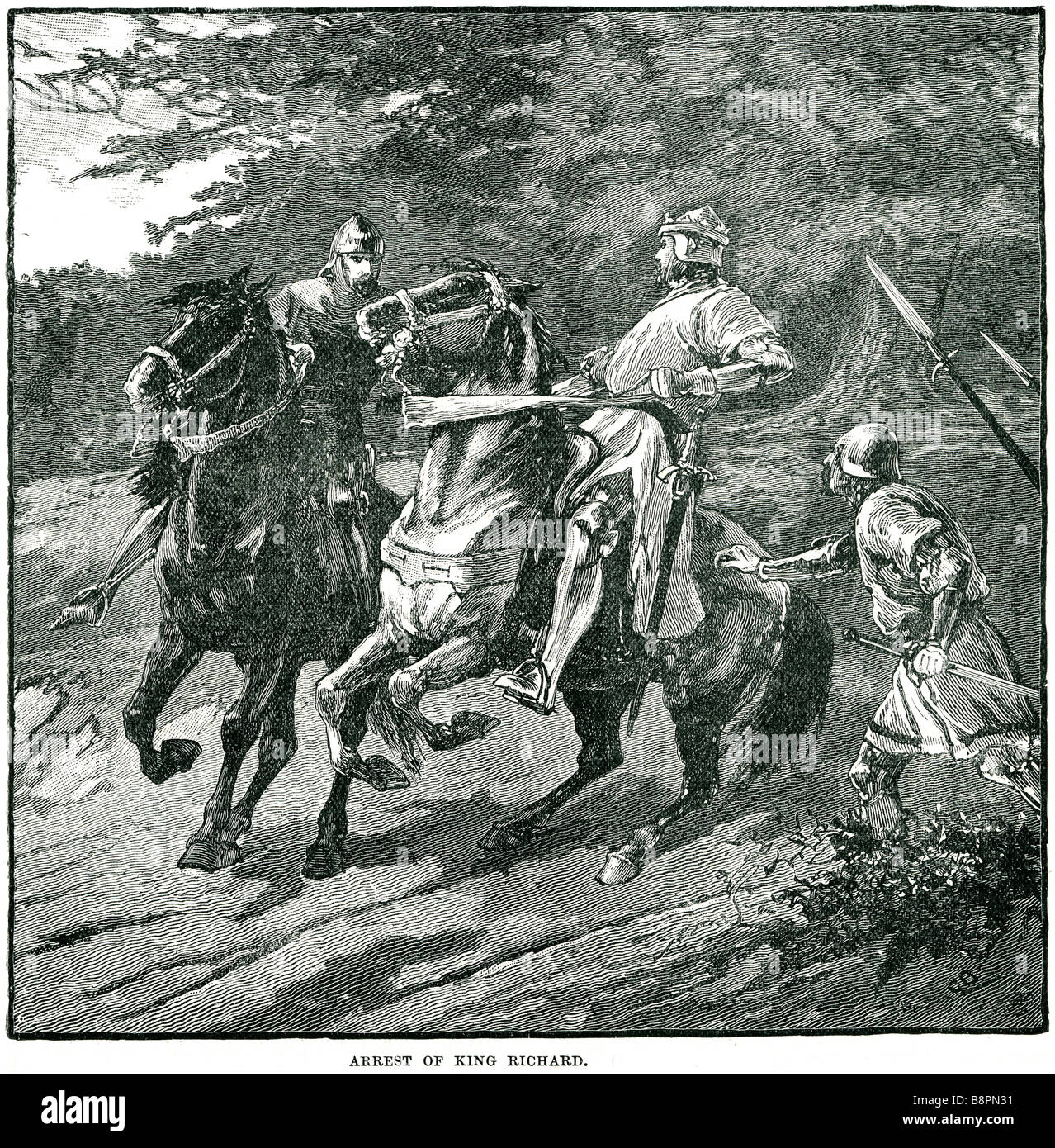


In the months after the death of their father the king, Edward and Richard had been kept in seclusion in the Tower of London (hence their famous historical nickname, the Princes in the Tower). Source: Public domain The Missing Princes Project Seemingly Absolves Richard III But if Edward was not murdered by his treacherous uncle’s henchmen, or by anyone else, its logical to conclude that Richard may not have been the victim of foul play, either.ġ6th century portrait of Richard III of England. The fate of Edward’s nine-year-old brother Richard of Shrewsbury (the Duke of York) is still undetermined, according to the scholars. This outcome would have been the result of a secret agreement between the ambitious duke and Edward’s mother, Elizabeth Woodville, which would have spared the life of one or both of her sons in return for her family’s pledge not to contest the duke’s claims to the British throne. Instead, Richard III (then Duke of Gloucester) had him secretly smuggled off to the village of Coldridge in the county of Devon, where he then lived out his life under an assumed identity. But was he really? ( CC by SA 4.0 )īased on the information they’ve collected, researchers from the Missing Princes Project say the prospective Edward V, the son of the former King Edward IV, didn’t die at all. King Richard III has been portrayed as a cold-hearted killer. The Princes and Heroes Behind Shakespeare’s Hamlet, The Mad Prince Who Murdered His Uncle to Avenge His Father.

Princes in the Tower Were Murdered by Richard III, Concludes Historian.Their research has exonerated the 15th century king of the murder charges, they claim, at least with respect to the 12-year-old Edward, one of the alleged victims who was supposed to ascend to the throne before Richard III took the kingship in his place) In fact, earlier this year a Huddersfield University professor claimed to have found evidence that clinched the case against Richard.īut now, a team of scholars that has been studying the case for the past four years has introduced new data that points in a different direction. In fact, this is the theory immortalized by Shakespeare in his play Richard III. Many historians have suspected the last British monarch from the House of York was responsible for the dastardly deed of having ordered the execution of his two young nephews in 1483, in an attempt to secure his hold on the throne of England.


 0 kommentar(er)
0 kommentar(er)
